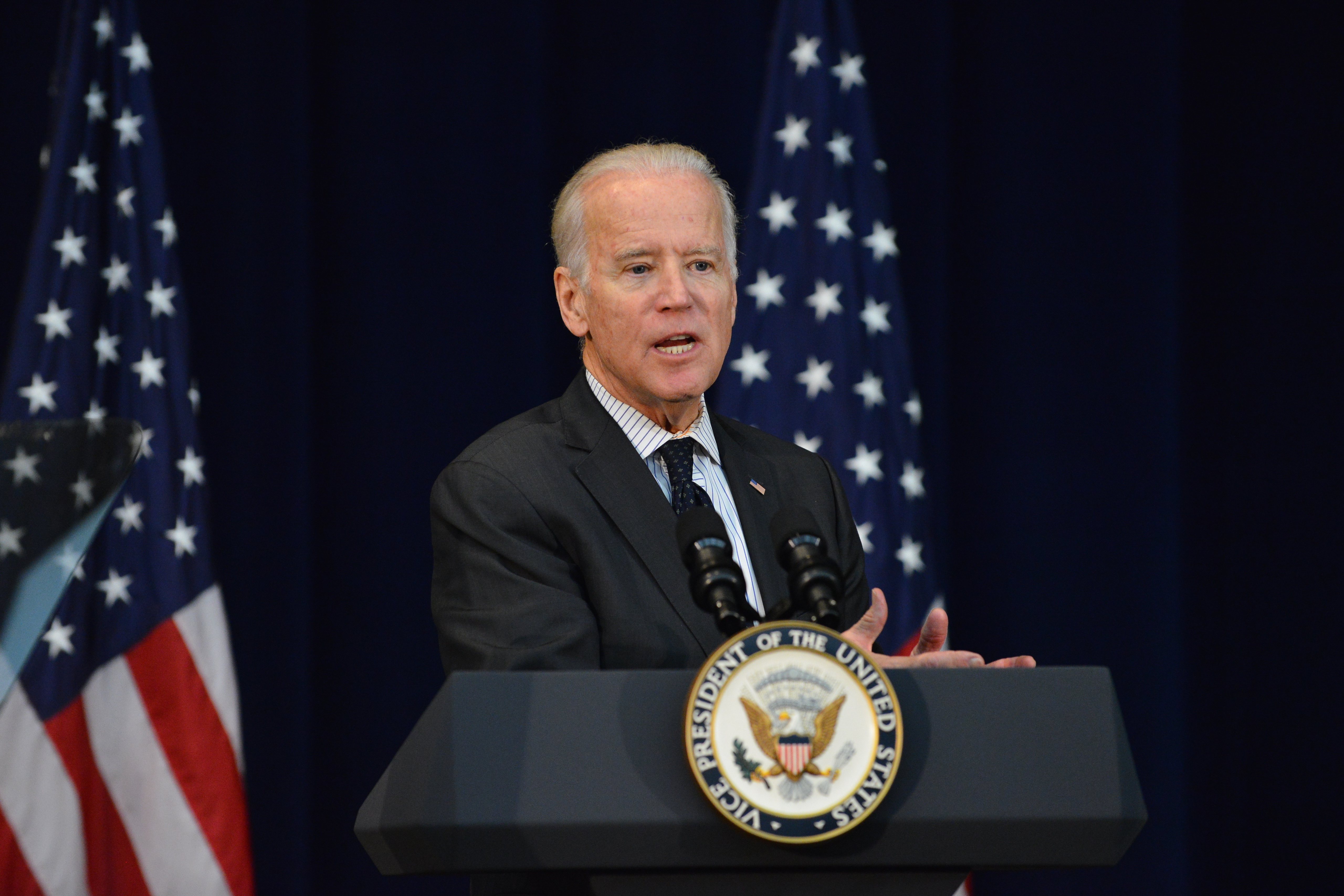Image: former Vice President Joe Biden. Source: State Department Photo/Public Domain.
Less than a week ago the Democratic primary looked tied up, with Bernie Sanders winning all four opening states, claiming the most votes in each of them and securing the largest number of delegates heading into North Carolina and Super Tuesday.
Yet just days later, his campaign appears to be on the rocks, as the Joe Biden camp, who had previously performed disappointingly in the opening states managed to swing the momentum in his favour.
Despite relatively poor debate performance in the lead up to the South Carolina primary, Biden secured an overwhelming victory in the first non-majority white state, showing that despite a poor record on racial issues in his earlier career, his stint as Vice President still carries him in good stead with minority communities.
Biden has consistently topped polling within the African American community throughout the race – despite his opposition to the anti-segregationist policy of bussing and his support of the controversial 1994 crime bill, which saw an explosion in African American prison populations.
His popularity among African Americans was expected to secure him victory in South Carolina, but his margin of victory was a surprise, with him gaining 39 of the 54 delegates available – Sanders taking the remaining 15.
Buoyed by this surprise margin, Biden gained the endorsements of two fellow contenders, Pete Buttigieg – who had performed well in the opening states of Iowa and New Hampshire – and Amy Klobuchar, the Midwestern Senator who had hung in the race on a centrist ticket.
The endorsements were followed by the controversial endorsement of Beto O’Rourke, who had previously run for Senate in Texas on a progressive ticket and was not expected to back a centrist and corporatist Democratic candidate.
O’Rourke’s endorsement undoubtedly helped going into Super Tuesday, with Biden securing victories across the country by surprise margins, taking the second largest prize of Texas, which had widely been expected to fall narrowly for Bernie Sanders.
Senator Sanders managed to secure a convincing victory in his home state Vermont, and appears to have swept California and many other northern and eastern states by a significant margin, but he will likely find himself behind the former Vice President in the delegate count once all votes have been counted.
Also read:
- Democratic Primary: Your Guide to the Runners and Riders
- Republican blast Impeachment process
- Palestinians reject Trump’s Deal
What Super Tuesday shows is that this is very clearly now a two-horse race, between two of the oldest men to ever contest a presidential primary, with Sanders 77 and Biden 76 the only democratic candidates with a viable path to the nomination.
After another disappointing night, Senator Elizabeth Warren has shown her inability to build a broad coalition, failing to place above third in any state throughout the whole primary process, even coming in third in her home state of Massachusetts.
Warren has largely been considered one of the major progressive voices in the contest, with her record on tackling Wall Street making her popular with many liberals in the Democratic primary, but in a saturated field, her base was never as strong as Sanders and her continuation in the race will likely only hurt the Vermont Senators chances.
Despite pivoting away from progressive issues throughout the primary – directly attacking Sanders, alleging he did not think a woman could win the primary despite a strong record on women’s issues – her broad appeal remains with the left of the party.
After such a poor showing it is likely that Warren could drop out in the coming days, despite signalling in the hours after polls closed on Super Tuesday that she intended to continue the fight. Given her pivoting, it is possible she is staying in the race to damage Sander’s chances, hoping instead to become a vice presidential pick for Joe Biden, however, such a move is only likely to increase the chances of a brokered convention.
Recent weeks have been rife with speculation that if Bernie Sanders secures the plurality of votes, but not the majority, that a convention may be contested, with delegates free to vote for whom they choose, likely handing the nomination to a centrist candidate, despite Bernie Sander’s polling suggesting he is the candidate best placed to defeat Trump.
What is clear is that the controversial billionaire and former republican Mayor, Mike Bloomberg is out of the reckoning. After Biden’s poor showing in the opening states many Democrats were beginning to see Bloomberg as the anti-Bernie candidate, but despite a $600 million personal spend, the only victory he could secure was American Samoa.
Indications are that Bloomburg is to assess his campaign in the coming days; the Trump light candidate, who has had numerous misconduct allegations blighting his campaign, looks out of the race.
The Super Tuesday result shows two things. This race is far from over and that only two candidates have a viable path to the Democratic nomination, two candidates that leave Donald Trump – the oldest president elected in history – as the youngest male still running for president.
____________________________________________________________________________

Calum Paton is a History and Politics student at the University of Warwick. His writing predominantly focuses on American and British politics. Twitter: @Paton_Calum




